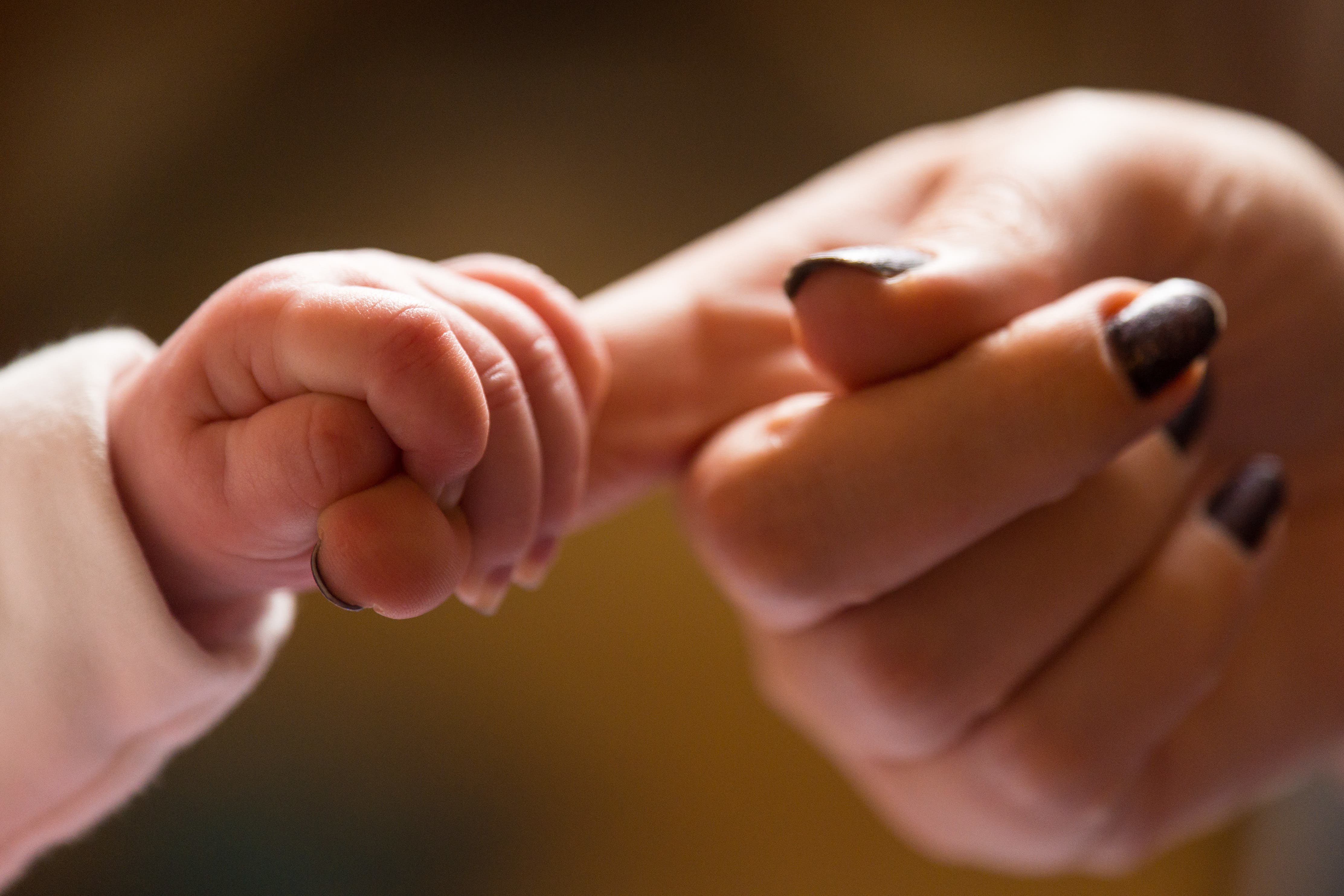Three in four single mothers could face challenges affording basic needs during their retirement years
The ‘motherhood penalty’ is exacerbated for single mothers, Scottish Widows has said

Your support helps us to tell the story
From reproductive rights to climate change to Big Tech, The Independent is on the ground when the story is developing. Whether it's investigating the financials of Elon Musk's pro-Trump PAC or producing our latest documentary, 'The A Word', which shines a light on the American women fighting for reproductive rights, we know how important it is to parse out the facts from the messaging.
At such a critical moment in US history, we need reporters on the ground. Your donation allows us to keep sending journalists to speak to both sides of the story.
The Independent is trusted by Americans across the entire political spectrum. And unlike many other quality news outlets, we choose not to lock Americans out of our reporting and analysis with paywalls. We believe quality journalism should be available to everyone, paid for by those who can afford it.
Your support makes all the difference.Three-quarters (75 per cent) of single mothers could struggle to afford basics such as food and heating when they retire, a report estimates.
Scottish Widows’ annual report said the “motherhood penalty” – the financial and career disadvantages faced by mothers – has an enduring impact into later life.
Deep-rooted structural inequalities cause women to earn less, work less and save less for retirement when they become parents.
This is exacerbated for single mothers, who are unable to share the burden of day-to-day costs and childcare provision with a partner, Scottish Widows said.
The report used YouGov research among more than 5,000 people across the UK in March and April this year.
It also used the Pension and Lifetime Savings Association’s (PLSA) “retirement living standards” to calculate the quality of lifestyle that people could achieve when they stop working.
More than half (51 per cent) of single mothers struggle to find jobs in the first place, the research found. Nearly half (46 per cent) of single mothers reduced their hours in order to manage childcare.
The report also found that half (50 per cent) of fathers said they share childcare equally with their partner, while less than a third (31 per cent) of mothers believe this to be true.
And 37 per cent of mothers said they had left jobs to look after their children, as had 18 per cent of men.
The research also indicated that two-thirds (66 per cent) of single women generally are not on track for a minimum lifestyle (which covers the basics with some discretionary income) in retirement. This is much higher than women who are married, in a civil partnership or cohabiting – of whom only 23 per cent are not on track.
We must recognise the amount of childcare responsibility that falls on single mothers and their huge contribution to society, which means they should be protected by policies to limit the impact it has on their careers and pensions
It is also higher than single men – 54 per cent of whom are not on track – according to the report.
Jackie Leiper, managing director of Scottish Widows, said: “Despite how familiar we all are with the gender pension gap issue, the long-term impact on the day-to-day reality for women when they retire is less talked about.
“Understandably, single women affected by the motherhood penalty and the cost of solo parenting may be more focused on how to support their family today, but this report shows the struggle they could face by the time they become grandmothers.
“We must recognise the amount of childcare responsibility that falls on single mothers and their huge contribution to society, which means they should be protected by policies to limit the impact it has on their careers and pensions.
“The government needs to prioritise affordable childcare to improve the retirement prospects for all mothers and single mothers in particular.”
Alesha De-Freitas, head of policy, advocacy and research at the Fawcett Society, said: “We need urgent childcare reform that prioritises accessibility and affordability for everyone, and this needs to work in tandem with an economy that delivers high-quality flexible work.”
A government spokesperson said: “The success of automatic enrolment has transformed the UK pensions landscape and brought millions of women into pension saving for the very first time, and our expansion of free childcare in England means working families could save an average of £6,500 per child per year, meaning parents who are ready to return to work will benefit from the single biggest investment in childcare ever.
“We also recently published the first official measure of the gender pensions gap, which will help track the collective efforts of government, industry and employers to close it and ensure women can look forward to the retirements they’ve worked so hard for.”